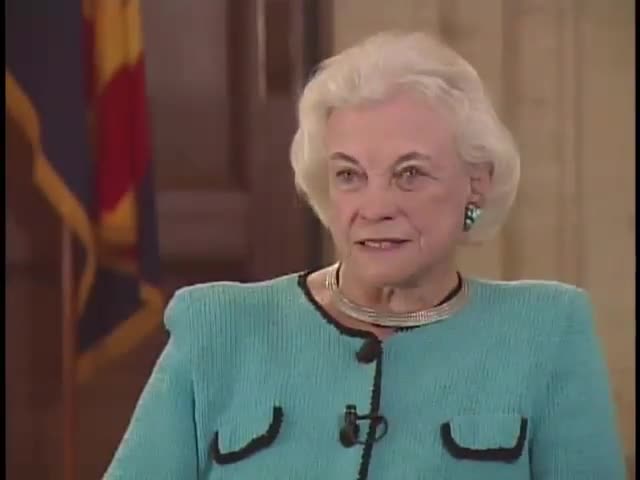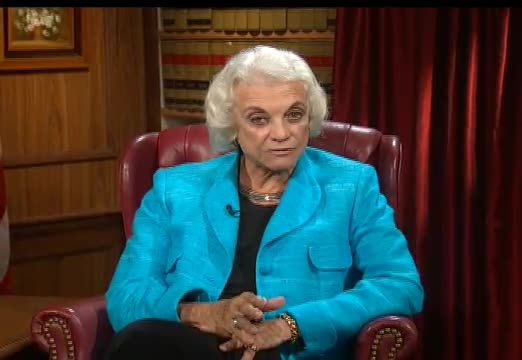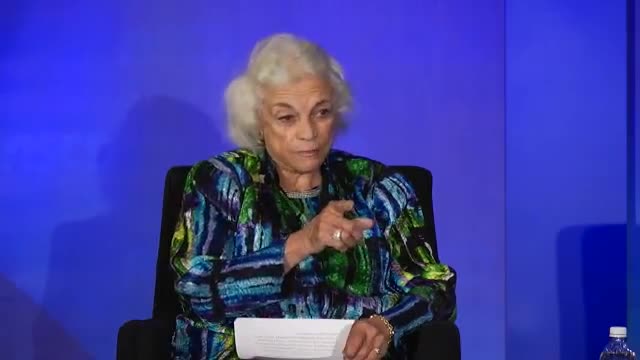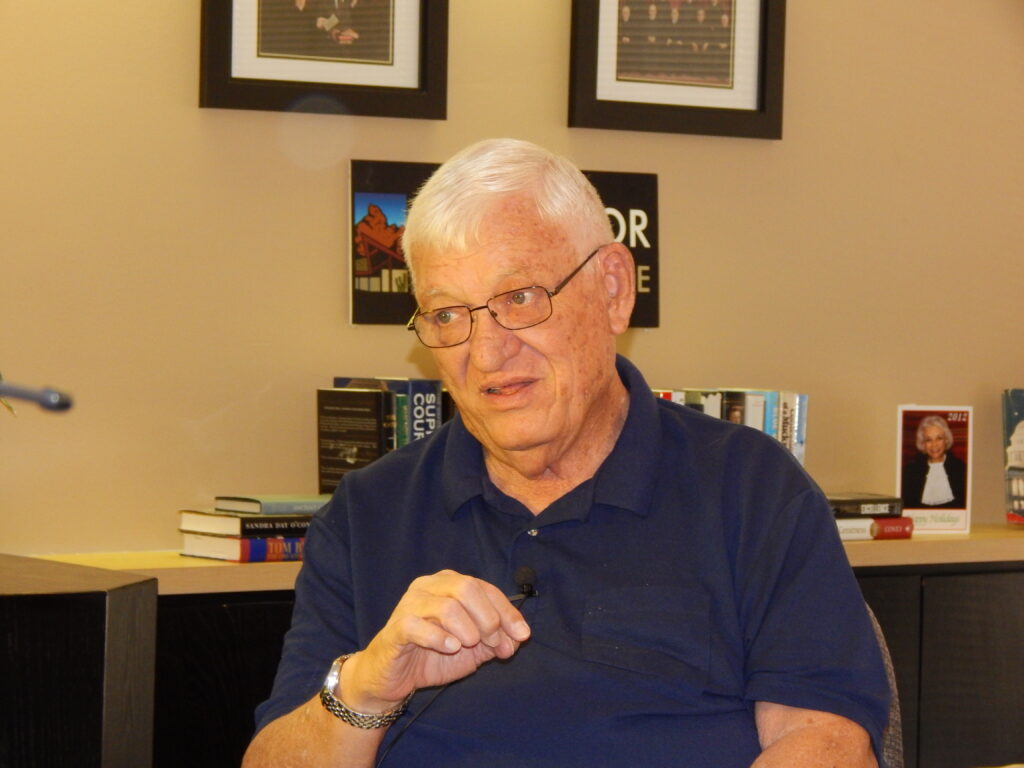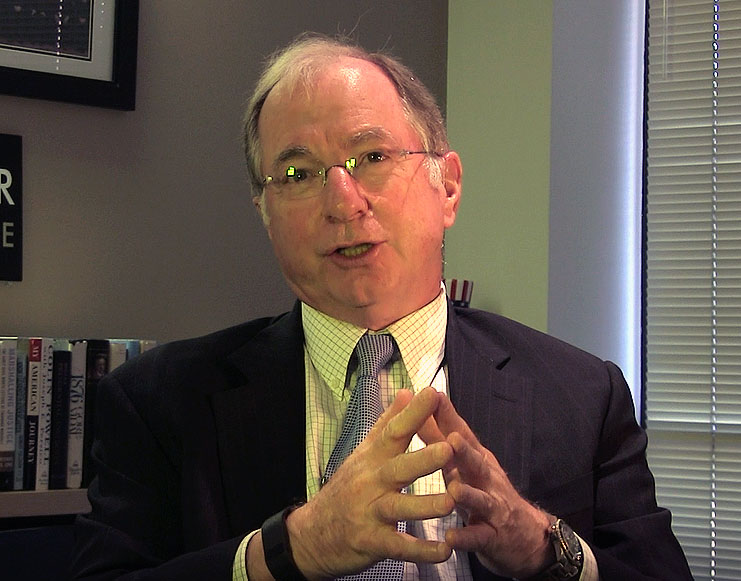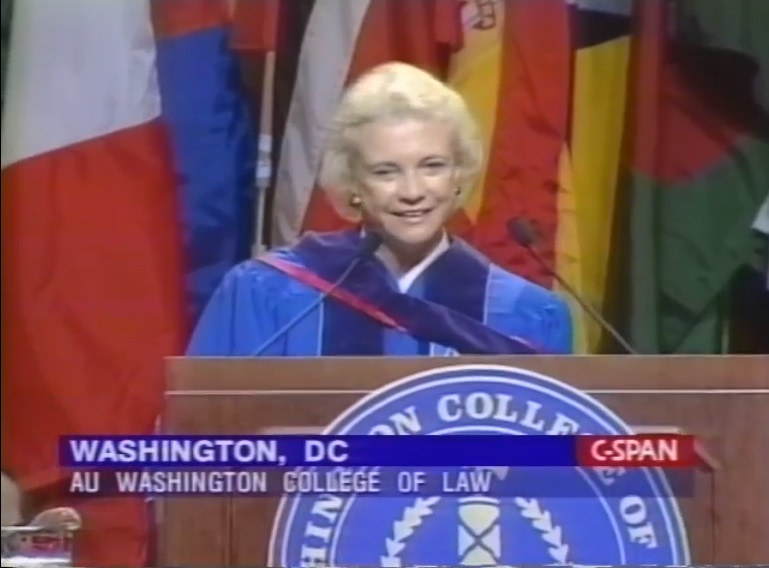Interview with Arizona Capitol Television
Unknown Speaker Thank you for joining us today I’m just honored to be sitting across from you interviewing you and to have you here with us. Sandra Day O’Connor You’re welcome. And I’m glad to be here. Unknown Speaker Most people already know that you paved the way for women by being the first woman on point to the US Supreme Court. But I think fewer people know that you also pave the way in Arizona by being the first woman, majority leader in any state senate. Right. In fact, there Sandra Day O’Connor there had been no woman, legislative leader in any post in across the country. And it was such a surprise to me when my colleagues voted in a closed ballot to select me as the majority leader. I was shocked. But it was a wonderful experience. I learned a lot. Unknown Speaker What would you say were some of the challenges that might have came along Sandra Day O’Connor with? Well, the challenges in those days was that it’s a small state Senate, they’re 32 members. And I was a Republican, and the republicans held a majority of one. So it was very challenging to work with that very narrow majority in the Republican Party. And what it meant was that for many pieces of legislation, in order to pass anything, we had to have support from the other side of the aisle. Luckily, it was a time in Arizona, when I don’t think the political feelings were as partisan as they seem to be at times today. And there were many says, When legislators from both parties would work together on legislation

